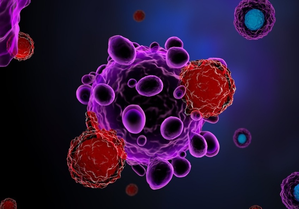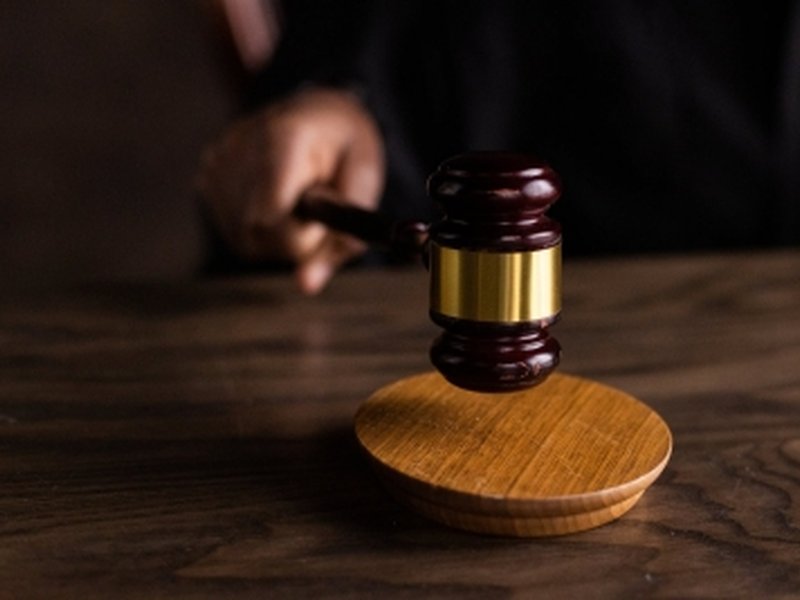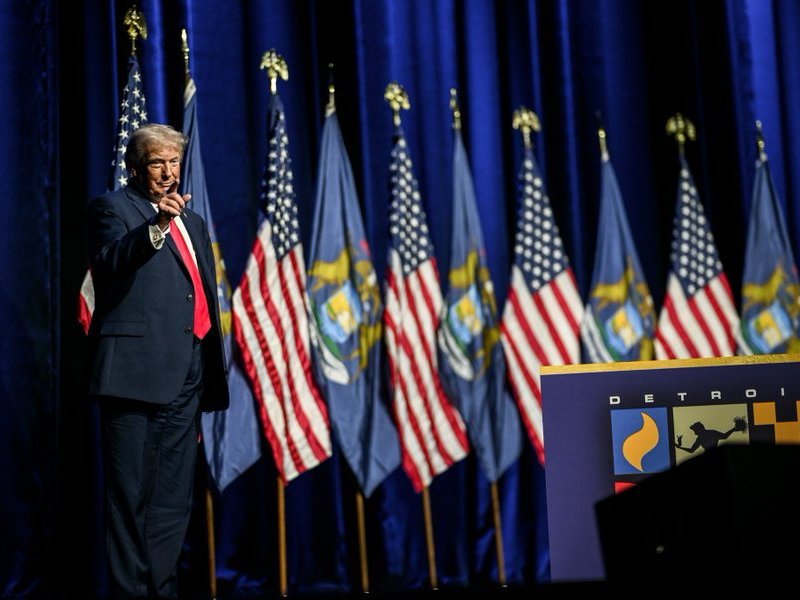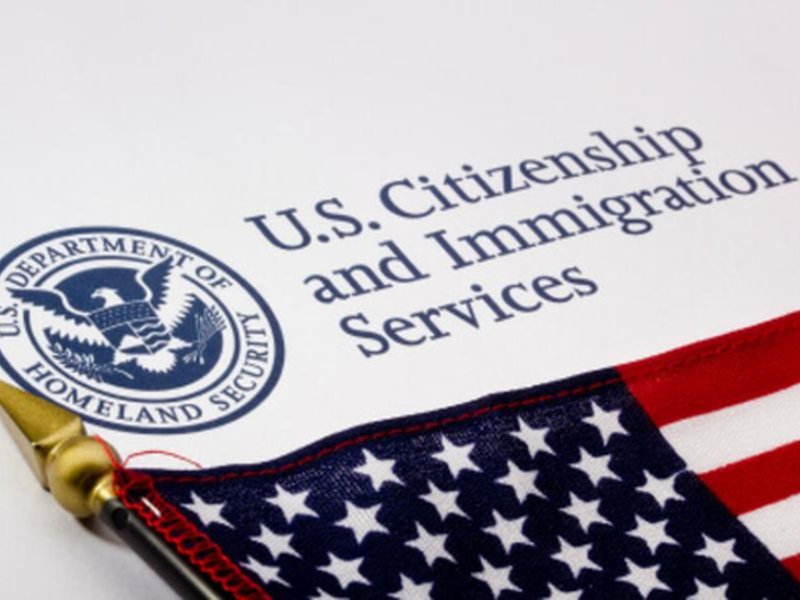New Delhi, April 17 (IANS) Stem cell therapies are a safe and effective way of treating Parkinson's disease, according to results of two independent clinical trials.
The two papers, published in the journal Nature, investigated the use of cells derived from human induced pluripotent stem cells and human embryonic stem cells, respectively.
Parkinson's disease is a neurodegenerative disease characterised by the progressive loss of neurons that produce dopamine, a neurotransmitter.
Although current treatments, such as ʟ-dopa, can alleviate symptoms in the early stages, their efficacy declines, and they are often accompanied by side effects such as dyskinesia (involuntary movements).
However, the studies found that cell therapy could replenish dopamine-producing (dopaminergic) neurons in the brain. This provided a potentially more effective treatment with fewer adverse effects.
The first phase I/II trial led by researchers from Kyoto University in Japan focussed on seven patients (aged from 50 to 69) who received transplantation of dopaminergic progenitors derived from human induced pluripotent stem cells into both sides of the brain.
No serious adverse events were reported during the study period of 24 months, and the transplanted cells produced dopamine without overgrowth or forming tumours -- a risk associated with stem cell therapy.
The researchers also observed a decrease in motor symptoms associated with Parkinson's in four of the six participants who continued the trial to efficacy evaluation while not taking their standard medication, and in five while taking medication.
The second phase I clinical trial led by a team from the Memorial Sloan Kettering Cancer Center in the US explored the safety of a dopaminergic neuron progenitor cell product (bemdaneprocel) derived from human embryonic stem cells.
Twelve patients with a median age of 67 received surgical transplantation of bemdaneprocel to the putamen on both sides of the brain.
Five participants received a low dose and seven received a high dose.
The cell product was generally well tolerated and no severe adverse events related to the therapy were reported during the follow-up period of 18 months.
There was no incidence of dyskinesia.
In addition, some improvement in motor function was also observed in patients in both the low-dose and high-dose cohorts.
Even with limitations such as the small sample size, both clinical trials establish the safety of allogeneic (non-self) transplantation of stem cell-derived cell products for the treatment of Parkinson's.
While this can be “an important step towards the establishment of this cell therapy for Parkinson's disease”, further research is needed with a larger sample size to test the effectiveness and clinical benefits of these therapies, the researchers said.
--IANS
rvt/












